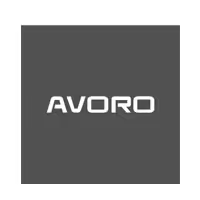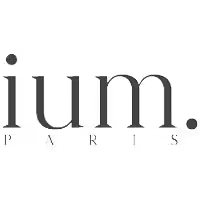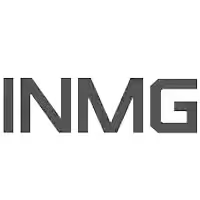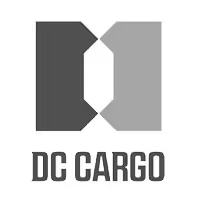How Retargeting Ads Help Reading’s Manufacturers Reconnect with Clients

In the contemporary landscape of manufacturing, companies in Reading are constantly seeking innovative ways to retain and reconnect with clients. One of the most effective strategies that has emerged in recent years is the use of retargeting ads. These digital advertisements serve to engage potential or former customers based on their previous interactions, reminding them of products or services that might interest them. This article will delve into how retargeting ads are revolutionizing customer relationships for Reading's manufacturers.
How Retargeting Ads Help Reading’s Manufacturers Reconnect with Clients
Retargeting ads offer manufacturers a unique opportunity to reinforce brand awareness and maintain a presence in the minds of previous clients. By displaying targeted ads to individuals who have already visited their website or interacted with their content, manufacturers in Reading can effectively remind potential customers of their offerings.
The beauty of these ads lies in their specificity. When a potential client visits a manufacturer’s website, certain algorithms track their behavior and interests. This data is leveraged to serve personalized advertisements across various platforms, such as social media and Google searches, ensuring that the manufacturer remains at the forefront of the customer’s mind.
As a result, Reading's manufacturers can continually re-engage their audience, leading to a higher likelihood of conversion. This is particularly pivotal in an industry characterized by intense competition, as retaining a connection with past clients can significantly impact overall business health.
Moreover, retargeting ads can be tailored to reflect the specific products or services that a user showed interest in during their initial visit. For instance, if a client browsed a particular line of machinery but did not make a purchase, they might later see ads highlighting that specific machinery, along with special offers or testimonials from satisfied customers. This level of personalization not only enhances the relevance of the ads but also fosters a sense of familiarity and trust between the manufacturer and the potential client.
Additionally, the effectiveness of retargeting can be amplified through strategic timing and frequency. By carefully analyzing data on when users are most likely to engage with ads, manufacturers can optimize their campaigns to ensure that their messages are delivered at the right moment. This approach not only maximizes visibility but also minimizes ad fatigue, ensuring that clients remain receptive to the messages being conveyed. In a fast-paced market, such precision can make all the difference in turning a casual visitor into a loyal customer.
The Challenges of Retaining Manufacturing Clients
Despite the advantages offered by retargeting ads, manufacturers face several challenges in retaining their clients. The manufacturing sector is characterized by long sales cycles, fluctuating purchase patterns, and diverse customer needs, all of which complicate client retention efforts.
Moreover, as market conditions shift, clients may find themselves evaluating their options more critically, potentially leading them to seek out newer or more cost-effective solutions. This creates an urgent need for manufacturers to keep reassessing their strategies to ensure they resonate with their audience’s evolving preferences.
Additionally, the lack of direct communication channels can hinder relationship-building efforts. Without meaningful interactions, manufacturers may struggle to remain relevant in their clients' eyes, resulting in lost opportunities for sales or partnerships.
Another significant challenge lies in the rapid advancement of technology within the manufacturing sector. As clients increasingly adopt automation and smart manufacturing practices, manufacturers must not only keep pace with these innovations but also demonstrate their own capabilities in providing cutting-edge solutions. Failure to do so can lead clients to perceive manufacturers as outdated or unable to meet their technical demands, prompting them to explore alternatives.
Furthermore, the global nature of many manufacturing operations adds another layer of complexity. Manufacturers often serve clients across different regions, each with unique regulatory requirements, cultural nuances, and market dynamics. This necessitates a tailored approach to client engagement, where understanding local contexts becomes crucial. Manufacturers must invest in research and development to adapt their offerings accordingly, ensuring they can meet the specific needs of diverse client bases while maintaining a cohesive brand identity.
Crafting Retargeting Campaigns to Highlight New Products and Offers
A key benefit of retargeting ads is the ability to promote new products and offers effectively. For manufacturers, crafting tailored campaigns that highlight these new offerings can reignite interest from previous clients. This can be accomplished through an array of tactics including personalized messaging, appealing visuals, and engaging calls to action.
Manufacturers should focus on creating segmented retargeting campaigns based on user behavior. For instance, if a client browsed a particular product line but did not complete a purchase, the retargeting campaigns can showcase similar products, limited-time offers, or enhancements. This method not only reaches out to the client but also provides them with an incentive to revisit the brand.
Moreover, integrating feedback and insights from past customer interactions can help shape future product developments. By listening to what clients liked or disliked about previous offerings, manufacturers can better position their new products to align with customer expectations.
In addition to behavioral segmentation, leveraging dynamic creative optimization can significantly enhance the effectiveness of retargeting campaigns. This technology allows manufacturers to automatically tailor ad content based on individual user preferences and behaviors, ensuring that each potential customer sees the most relevant products. For example, if a user showed interest in eco-friendly materials, the retargeting ad could emphasize the sustainable aspects of new product lines, thereby appealing directly to their values and interests.
Furthermore, timing plays a crucial role in the success of retargeting campaigns. Manufacturers should consider implementing a well-timed sequence of ads that gradually reveal more information about the new products or offers. Starting with a teaser ad to pique curiosity, followed by detailed product showcases and finally, a compelling call to action, can create a narrative that draws the customer back in. This strategic approach not only maintains engagement but also builds anticipation, making clients more likely to act on the offers presented to them.
Using PPC to Re-Engage Past Customers
Pay-per-click (PPC) advertising is another powerful method that complements retargeting efforts. By utilizing PPC, Reading's manufacturers can create targeted ads that specifically reach their past customers based on their previous website interactions.
The advantage of PPC is its ability to deliver immediate results. Once a campaign is launched, ads can begin appearing to the specified audience, driving traffic back to the manufacturer's site. This immediacy can be particularly beneficial for promoting time-sensitive offers or events.
For maximum effectiveness, manufacturers should continuously analyze their PPC campaigns, adjusting bids based on performance metrics. A well-maintained PPC campaign can yield a high return on investment, making it an essential tool in the toolkit of any manufacturer looking to reconnect with former clients.
Additionally, leveraging audience segmentation can enhance the effectiveness of PPC campaigns. By categorizing past customers based on their previous purchases or engagement levels, manufacturers can tailor their messaging to resonate more deeply with each group. For instance, a customer who previously purchased a specific product may respond better to ads showcasing complementary items or upgrades, creating a personalized experience that encourages repeat business.
Moreover, incorporating compelling ad copy and visually appealing graphics can significantly impact the success of PPC efforts. Engaging visuals combined with persuasive language can capture the attention of past customers as they browse online, prompting them to revisit the manufacturer's website. Including clear calls to action, such as limited-time discounts or exclusive offers, can further entice these customers to take immediate action, fostering a sense of urgency that drives conversions.
Measuring Metrics for Retargeting Success
To ensure the success of retargeting campaigns, manufacturers must focus on measuring the right metrics. Key performance indicators (KPIs) such as click-through rates, conversion rates, and return on ad spend provide critical insights into the effectiveness of retargeting efforts.

Additionally, tracking customer engagement—such as time spent on site and pages visited—can help manufacturers fine-tune their marketing strategies. Tools such as Google Analytics and social media insights enable data collection that reveals customers' behaviors and preferences, helping to personalize future campaigns.
- Click-Through Rate (CTR): A measure of how often people click on the ad compared to how often it is shown.
- Conversion Rate: The percentage of users who complete a desired action after clicking on the ad.
- Return on Ad Spend (ROAS): A measure of revenue generated for every dollar spent on advertising.
By focusing on these metrics, Reading's manufacturers can optimize their retargeting strategies and ensure they are not just reaching their audience, but effectively engaging them as well.
How We Strengthen Relationships in Reading’s Manufacturing Sector
In Reading’s manufacturing sector, strengthening relationships with clients goes beyond just advertising. It involves nurturing connections, providing value, and ensuring clients feel seen and heard. Retargeting ads serve as one component of a broader strategy aimed at enhancing client relationships.

To truly excel, manufacturers can incorporate customer feedback loops—inviting past clients to share their experiences and preferences. Regular check-ins and personalized communications can further solidify these relationships.
Ultimately, manufacturers that embrace a comprehensive approach to reconnecting and retaining clients will likely see not just improved sales, but also an enduring loyalty that transcends transient market trends.
In conclusion, the strategic use of retargeting ads is vital for Reading's manufacturers seeking to reconnect with clients. By understanding the challenges of client retention, utilizing PPC effectively, measuring success, and fostering relationships, manufacturers can not only engage past customers but also position themselves for sustained growth in a competitive market.

As a Google Ads expert, I bring proven expertise in optimizing advertising campaigns to maximize ROI.
I specialize in sharing advanced strategies and targeted tips to refine Google Ads campaign management.
Committed to staying ahead of the latest trends and algorithms, I ensure that my clients receive cutting-edge solutions.
My passion for digital marketing and my ability to interpret data for strategic insights enable me to offer high-level consulting that aims to exceed expectations.
Google Partner Agency
We're a certified Google Partner Agency, which means we don’t guess — we optimize withGoogle’s full toolkit and insider support.
Your campaigns get pro-level execution, backed by real expertise (not theory).
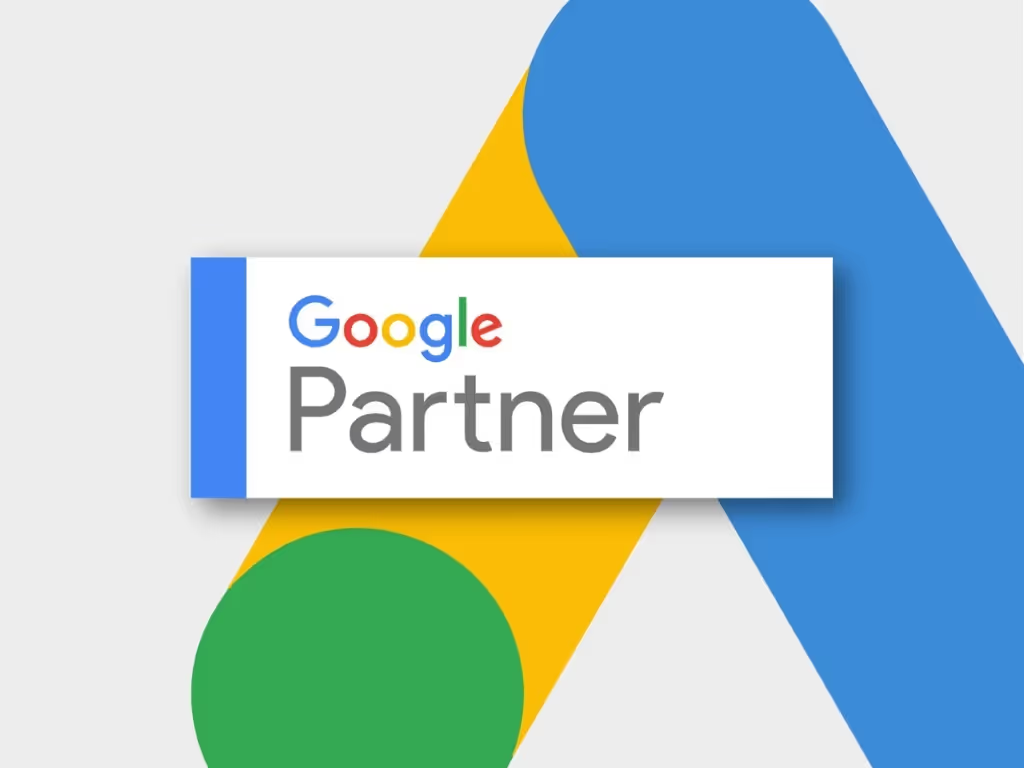
4.9 out of 5 from 670+ reviews on Fiverr.
That’s not luck — that’s performance.
Click-driven mind
with plastic-brick obsession.
We build Google Ads campaigns with the same mindset we use to build tiny brick worlds: strategy, patience, and zero tolerance for wasted pieces.
Data is our blueprint. Growth is the only acceptable outcome.

